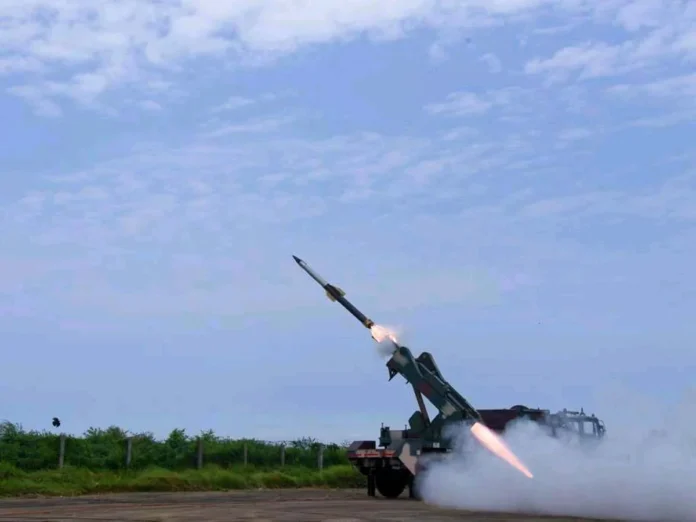New Delhi: In a move to bring closer coordination between premier technical and scientific institutions and the defence and security needs, the government has set up a national task force.
The task force on ‘DRDO-Academia Interaction for achieving leadership in futuristic technologies’ was set up last week to identify niche domains and dual use technologies for current and futuristic requirements of defence and security, as well as to identify higher education institutions that can work on developing these, people aware of the development said.
Chaired by director of Indian Institute of Technology (IIT) Delhi, the task force has on board director of Indian Institute of Science, Bangalore, director of National Institute of Technology (NIT) Durgapur, Vice chancellor of University of Hyderabad, and top officials of Defence Research and Development Organisation (DRDO).
DRDO has already identified more than 60 specific projects, many of which would give armed forces access to cutting edge technology, those in the know said.
Under discussion are bullet proof vests that are at least 25 per cent lighter, robotic exoskeletons, and full body armours to help soldiers operate swifter than ever, advanced weaponisation for Hindustan Aeronautics’ Dhruv helicopters, artificial intelligence (AI)-based cyber defence system, and technology for automatic change detection in satellite imagery.
There is also considerable focus on health concerns of defence personnel. DRDO has sought help with detection of pathology in images of slides to detect chronic diseases like cancer and analysis of health data of young adults for early indications of high altitude sickness, acute mountain sickness and acute myocardial infraction that may cause serious health problems to those posted in hostile terrains, sources said.
Among other identified areas are a range of advanced aircraft applications and instruments, drones for high altitude areas, perimeter security solutions, robotic solutions for disposal of misfire of ammunition, and AI-based aerial target recognition system.
Leading technical and scientific institutes will look to find solutions to these challenges.
Besides helping create a larger research ecosystem to address India’s security challenges, the task force will also look at bringing PhD scholars from higher education institutes to work in DRDO laboratories on specific projects on deputation and for joint R&D projects.
This committee will submit its report to the government by December 15 for further action, the sources said. It will also suggest mechanisms to set up new defence and security-related centres of excellence at higher education institutes and bring in place monitoring and review mechanism for R&D collaborations.





